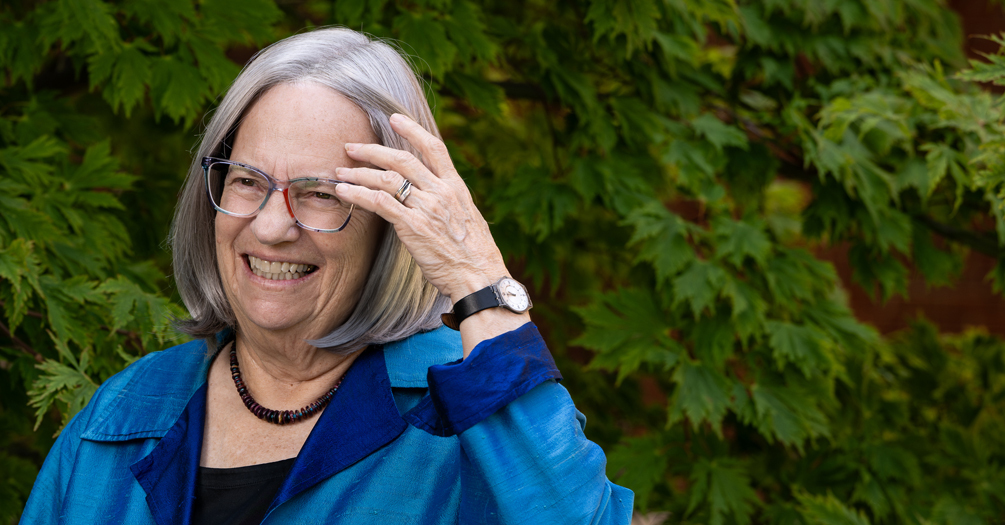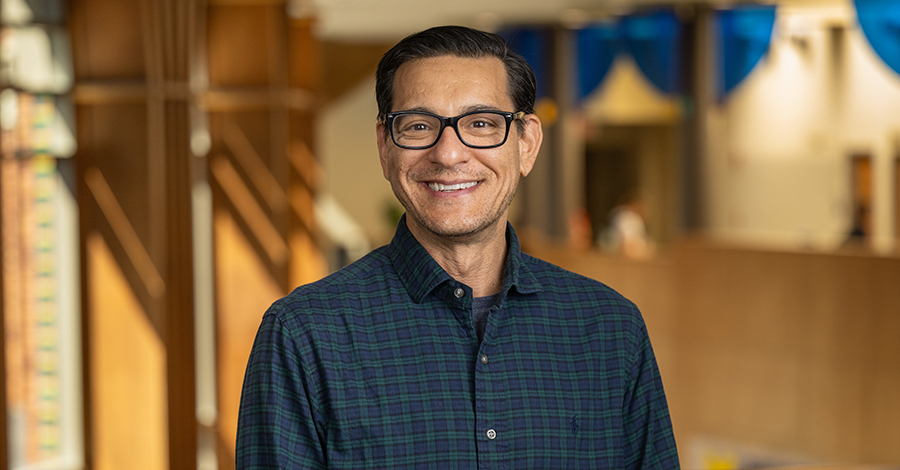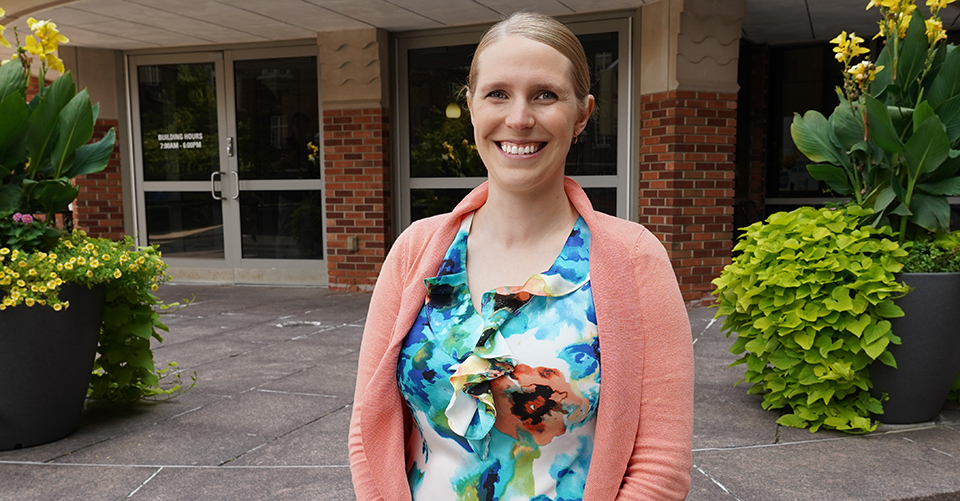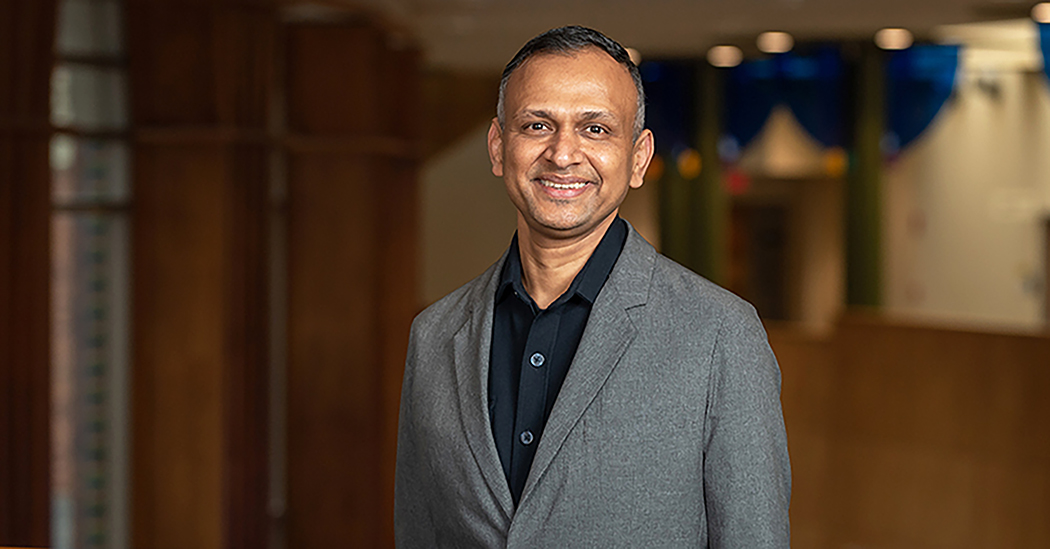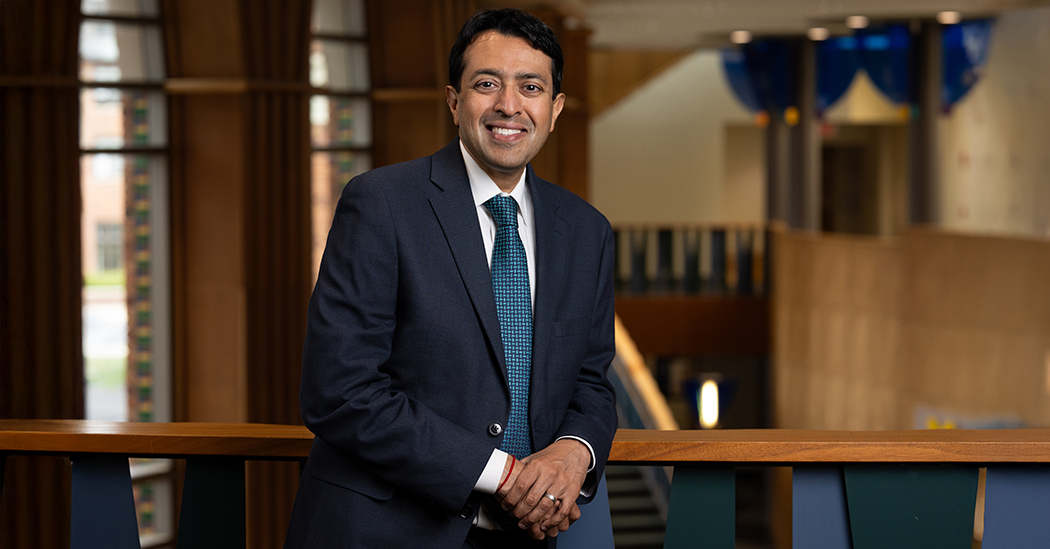
Alumnus Dr. Anand Parekh named inaugural chief health policy officer
Veteran policy expert brings decades of federal experience to Michigan Public Health
When Anand Parekh, BA, MPH ’02, MD, was selected as the University of Michigan School of Public Health’s inaugural chief health policy officer, it wasn't just a new job—it was a homecoming that represented the culmination of a remarkable career dedicated to transforming public health.


